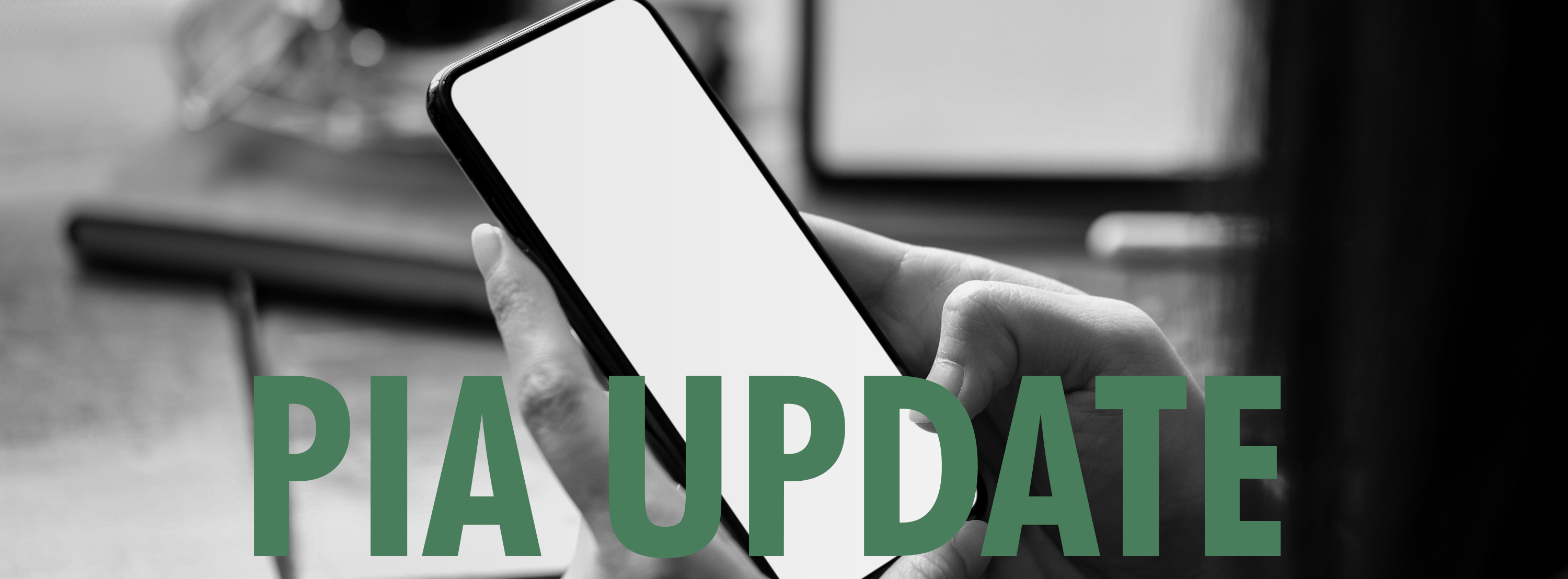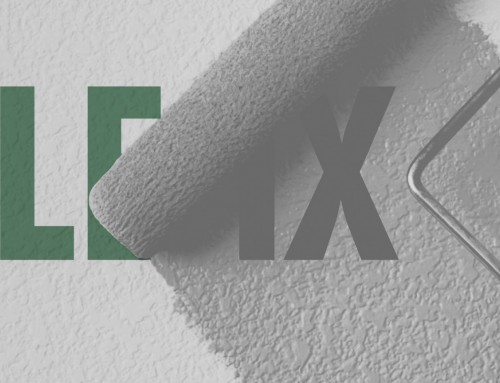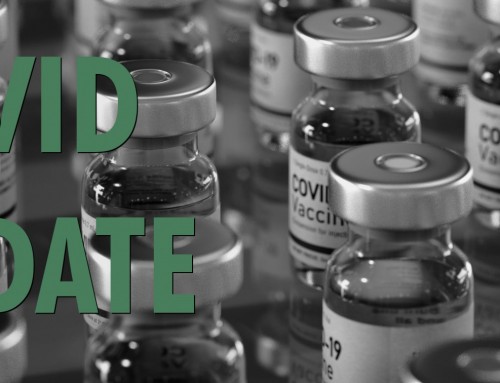According to the Court of Appeals of Texas, Third District in Austin, cell phone logs on personal devices of school district employees and trustees are public information. The court issues its opinion on July 13, 2023.
Factual Summary: The District, Fort Bend Independent School District, received requests for the cell phone records, redacted to exclude records related to personal phone calls, of ten individuals who were either members of the District’s Board of Trustees or District employees.
Procedural History:
- The district withheld the phone records on the ground that they were excepted from disclosure under the Public Information Act (PIA) because they did not constitute “public information” as that term is defined in PIA section 552.002(a). The district sought an attorney general decision permitting it to withhold the requested information.
- The attorney general concluded that the information met the definition of public information, and the district sued, seeking a declaration that the information on personal devices was exempt from the disclosure requirements of the PIA.
Legal Questions: The central issue before the court was whether logs of telephone calls and text messages made and received by the district’s trustees and employees on their personal cell phones could constitute “public information” as that term is defined in the PIA, Tex. Government Code section 552.002(a)(3).
Holding: YES. The court decided that:
- The information in question was produced by the district’s trustees and employees because it was “caused to have existence” by their actions in making and receiving phone calls and text messages.
- As to whether the trustees and employee were acting in their official capacity, the district argued that the call logs were not “used” in connection with a matter related to the district’s official business and did not contain any “communicative action.” However, the court noted that the PIA does not require information to be “used” or to communicate to meet the definition.
- Regarding the argument that the trustees and employees had a reasonable expectation of privacy in their own devices, the court noted that the PIA request did not require the district to search the cell phones because the trustees and employees could turn over the information to the district. Furthermore, the attorney general’s decision had not ordered every piece of information on the devices to be produced but only the public information on the devices.
- To exclude from the purview of the PIA information brought into existence by a public official or employee that reflected his official acts was contrary to the PIA’s goal of promoting the public’s legitimate interest in transparent government.
This article should not be construed as legal advice related to any specific facts or circumstances. Although this article covers legal subjects, it is intended to educate readers and not to provide advice that will be the basis for action or inaction in any specific circumstance. Viewing these materials does not create an attorney-client relationship between Abernathy, Roeder, Boyd & Hullett, P.C. and the reader or the reader’s institution. For circumstance-specific legal advice, please directly contact a licensed attorney.







Leave A Comment